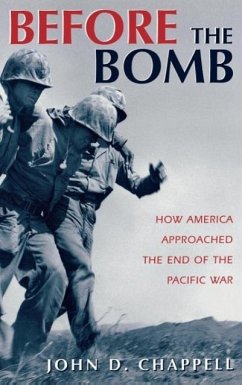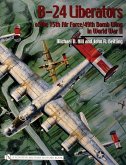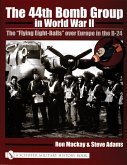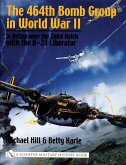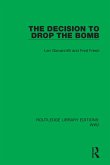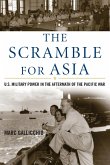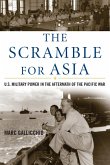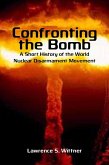" Almost forgotten in the haze of events that followed Nagasaki and Hiroshima, the summer of 1945 witnessed an intense public debate over how best to end the war against Japan. Weary of fighting, the American people were determined to defeat the imperial power that had so viciously attacked them in December 1941, but they were uncertain of the best means to accomplish this goal. Certain of victory-the "inevitable triumph" promised by Franklin Roosevelt immediately after Pearl Harbor-Americans became increasingly concerned about the human cost of defeating Japan. Particularly after the brutal Iwo Jima and Okinawa campaigns, syndicated columnists, newspaper editorialists, radio commentators, and others questioned the necessity of invasion. A lengthy naval and aerial siege would have saved lives but might have protracted the war beyond the public's patience. Advertisers filled the media with visions of postwar affluence even as the government was exhorting its citizens to remain dedicated to the war effort. There was heated discussion as well about the morality of firebombing Japanese cities and of using poison gas and other agents of chemical warfare. Chappell provides a balanced assessment of all these debates, grounding his observations in a wealth of primary sources. He also discusses the role of racism, the demand for unconditional surrender, and the government's reaction to public opinion in the decision to drop the atomic bomb. Compelling and controversial, this is the first work to examine the confusing and contradictory climate of the American home front in the months leading up to V-J Day. John D. Chappell is assistant professor of history in the Department of History, Politics, and Law at Webster University in St. Louis, Missouri.
Hinweis: Dieser Artikel kann nur an eine deutsche Lieferadresse ausgeliefert werden.
Hinweis: Dieser Artikel kann nur an eine deutsche Lieferadresse ausgeliefert werden.

